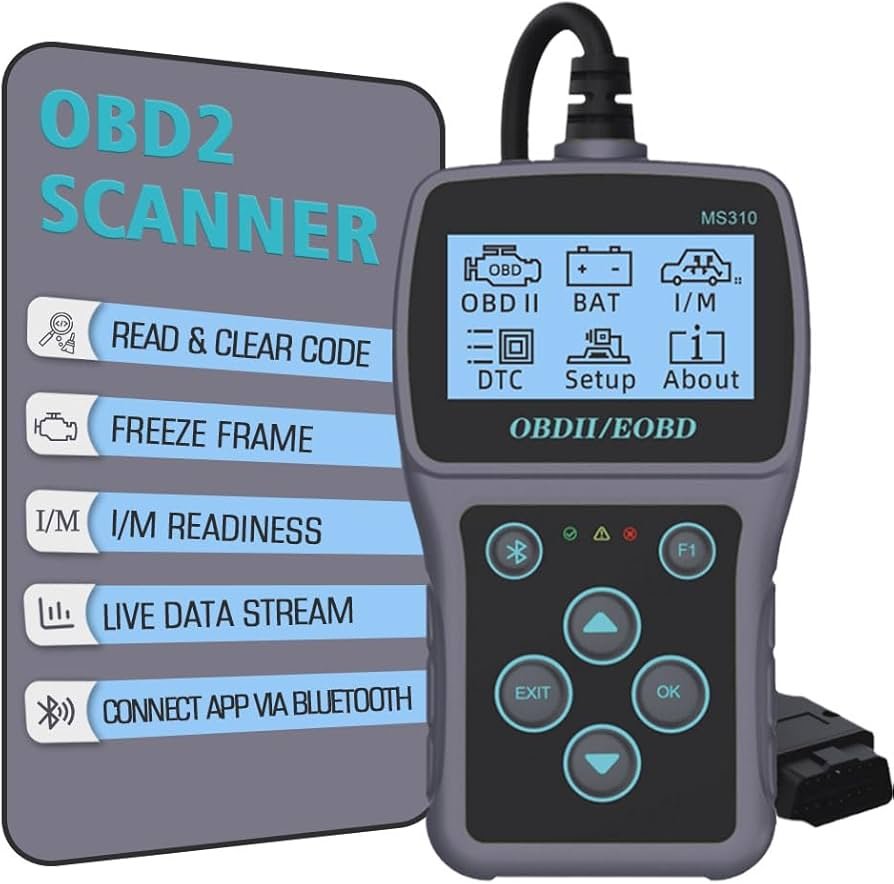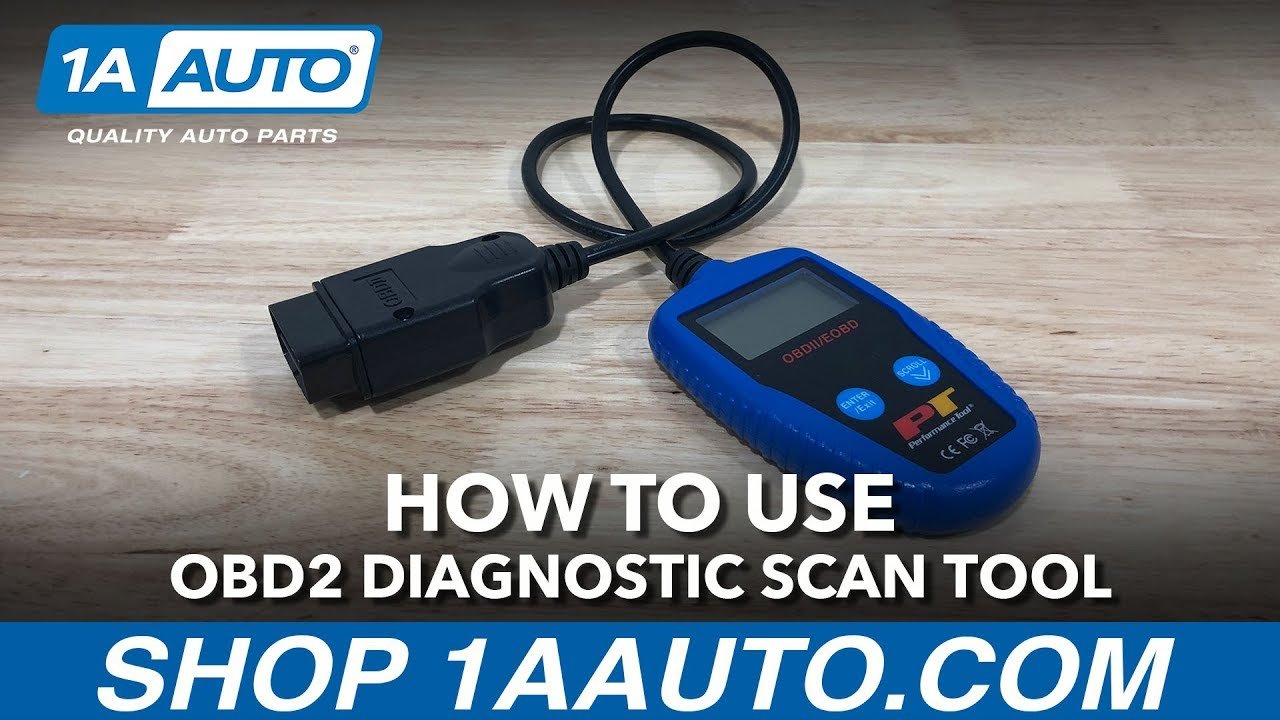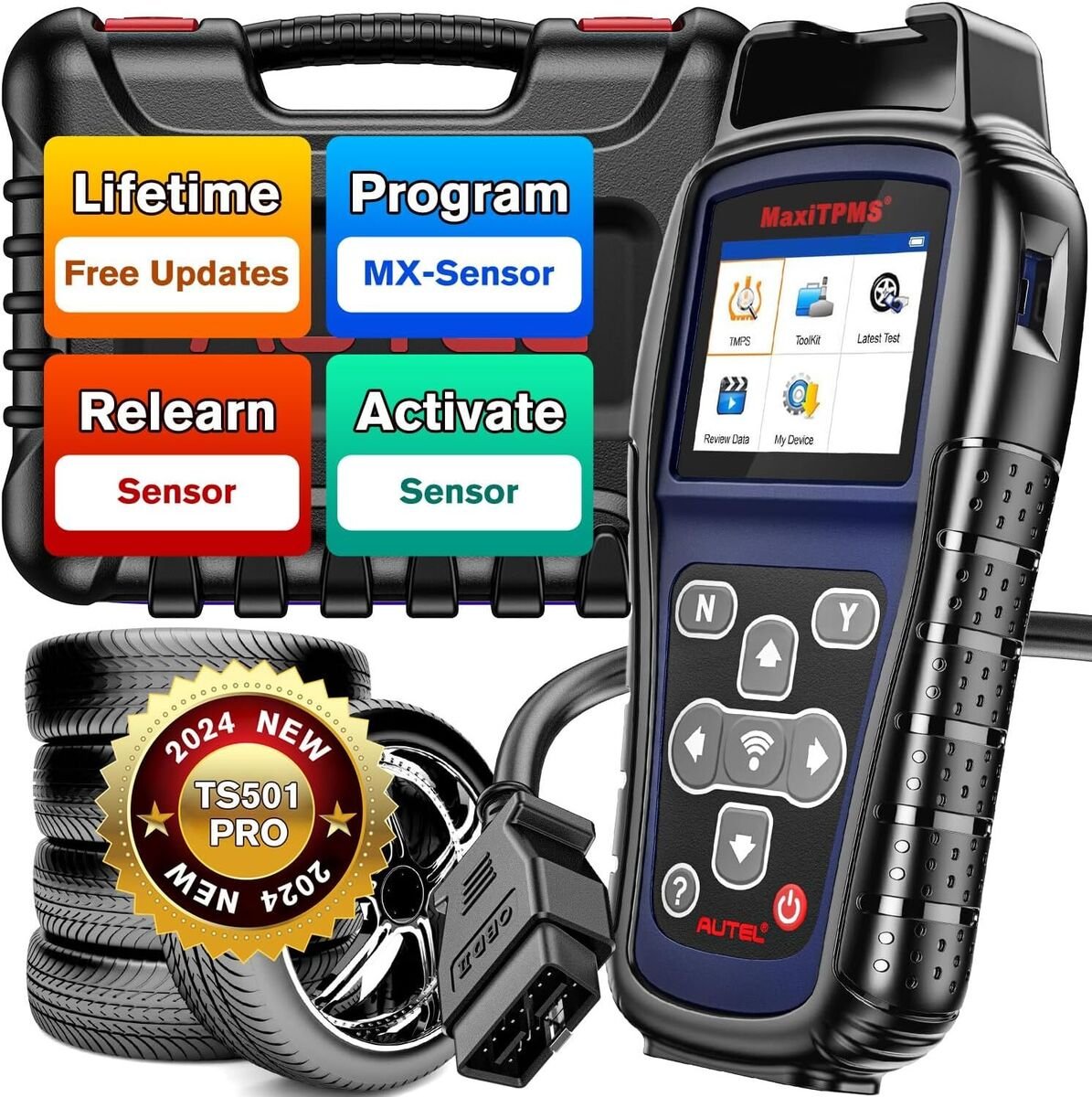The question that no one want to answer! Is Toyota Hybrid System is the best on the market?….
Toyota’s Hybrid Synergy Drive (HSD) is one of the most well-established and widely used hybrid car technologies on the market Wikipedia. It’s known for its reliability, fuel efficiency, and smooth operation .
Here’s why Toyota’s system is strong:
- Experience: Toyota has been refining their HSD system for over 20 years, giving them a lot of experience in making it efficient and reliable Wikipedia.
- Fuel Economy: HSD vehicles are known for their excellent fuel economy, especially in city driving where the electric motor can be used more frequently.
- Smooth Operation: The transition between electric and gasoline power is very smooth in Toyota hybrids, making for a pleasant driving experience.
Toyota Hybrid System: History
1st Generation Toyota’s Hybrid Synergy Drive (THS) (1997-2003) en.wikipedia.org
- Strengths: Introduced the core HSD system with a planetary gearset acting like a CVT, regenerative braking, and good fuel economy for its time.
- Weaknesses: Lower power output and higher emissions compared to later generations. Limited electric-only range.
2nd Generation Toyota’s Hybrid Synergy Drive (HSD) (2004-2009) en.wikipedia.org
- Strengths: Increased efficiency, power, and refinement over the 1st generation. Improved fuel economy and reduced emissions.
- Weaknesses: Battery degradation remained a concern. Limited electric-only range.
3rd Generation Toyota’s Hybrid Synergy Drive (HSD) (2009-2015) media.toyota.co.uk
- Strengths: Significant improvements in power and fuel economy. Introduced a lithium-ion battery option for better performance and durability.
- Weaknesses: Battery replacement costs could still be high. Electric-only range remained modest.
4th Generation Toyota’s Hybrid Synergy Drive (HSD) (2016-2022)
- Strengths: Further refinement for better fuel economy and lower emissions. Increased electric motor output for improved acceleration.
- Weaknesses: Battery degradation is still a factor. While improved, electric-only range wasn’t a major focus compared to some competitor hybrids.
5th Generation Toyota’s Hybrid Synergy Drive (HSD) (2023-Present)
- As of May 2024, there isn’t an official designation of a 5th generation HSD system. However, the latest models build on the strengths of previous generations with:
- Even better fuel efficiency and lower emissions
- More powerful electric motors for enhanced performance
- Potentially increased electric-only range
Comparisons with Competitors
Honda
- Hybrid Technology: Honda’s Integrated Motor Assist (IMA) system differs from Toyota’s HSD in that it primarily uses the electric motor to assist the gasoline engine, rather than allowing full electric driving. While Honda’s system is simpler and often more affordable, it generally does not match Toyota’s fuel efficiency.
- Performance and Reliability: Honda hybrids, such as the Accord Hybrid, offer competitive fuel efficiency and a reliable driving experience. However, the overall market perception places Toyota’s hybrids ahead in terms of both fuel economy and the seamless integration of hybrid components.
Ford
- Hybrid Technology: Ford’s hybrid systems, such as the one found in the Ford Fusion Hybrid, are similar to Toyota’s in that they allow for full electric driving and regenerative braking. Ford has made significant strides in hybrid technology, offering commendable fuel efficiency and driving dynamics.
- Innovation and User Experience: While Ford’s hybrids are competitive, they often lag behind Toyota in terms of long-term reliability and the extensive dealer network support. Toyota’s early and sustained investment in hybrid technology gives it an edge in refinement and user trust.
Hyundai and Kia
- Hybrid Technology: Hyundai and Kia have developed advanced hybrid systems with models like the Hyundai Ioniq and Kia Niro challenging Toyota’s supremacy. These vehicles offer comparable, and sometimes superior, fuel economy and come equipped with modern technology and design features.
- Market Positioning: Despite their strong showing, Hyundai and Kia are still relatively new entrants in the hybrid market. Toyota’s long-standing expertise and brand loyalty often give it an advantage, particularly among consumers prioritizing proven performance and reliability.
Potential Weaknesses of Toyota’s Hybrid System
Battery Longevity and Replacement Costs
- While Toyota’s hybrid batteries are generally reliable, they do have a finite lifespan. Replacement costs, although infrequent, can be high. Advances in battery technology and decreasing costs may mitigate this issue over time, but it remains a consideration for potential buyers.
Initial Purchase Price
- Toyota hybrids typically come with a higher upfront cost compared to non-hybrid counterparts. Although the long-term savings on fuel and maintenance can offset this, the initial investment may be a barrier for some consumers.
Competitive Advancements
- The hybrid market is rapidly evolving, with competitors continuously innovating. Plug-in hybrids (PHEVs) and all-electric vehicles (EVs) are gaining traction, offering even greater fuel efficiency and emissions reductions. Toyota’s focus on hybrid technology, while advantageous in many ways, may need to adapt to the growing PHEV and EV market.




